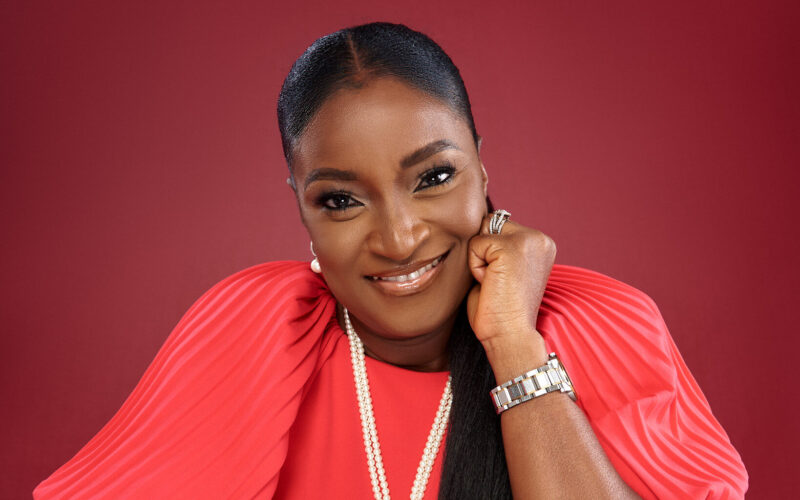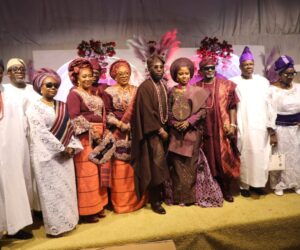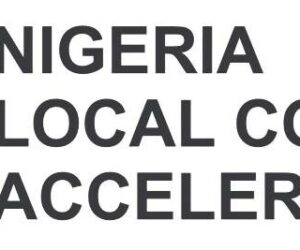African women are rising to leadership positions across various industries.
Yet, many still face internal barriers that are rarely discussed, such as self-doubt, impostor syndrome, perfectionism, and the constant pressure to “prove” themselves in spaces where they are often the minority.
Mabel Okoh, a leadership development expert and advocate for women in executive roles, tells PREMIUM TIMES that these struggles are less about competence and more about unaddressed conditioning and the emotional burdens many women carry in the workplace.
She said in the fast-paced corporate world, women are advancing into senior leadership roles at unprecedented rates.
Ms Matel-Okoh added that, despite this progress, many women continue to grapple with internal obstacles, including self-doubt, impostor syndrome, perfectionism, and the pressure to assert themselves in spaces where they are often among the few.
She noted: “Executive coaching has emerged as one of the most powerful enablers for women leaders, not because it teaches them how to lead, but because it helps them uncover who they already are.
“It amplifies their strengths, dismantles internal blocks, and provides clarity women need to lead with authority, authenticity, and influence.”
Inner journey
Ms Matel-Okoh further observed that leadership begins as an inner journey long before it manifests outwardly.
She challenged the common misconception that leadership is mainly about technical skills or business strategy.
She noted that women often enter leadership roles bearing decades of conditioning, including messages that urge them to be agreeable, cautious, or flawless.
“These internalised expectations show up in subtle ways: second-guessing decisions, hesitating to speak up, avoiding opportunities, or downplaying achievements.”
Coaching
She further explained that rewriting these narratives constitutes executive coaching through guided reflection, enabling women to reconnect with their expertise.
Ms Matel-Okoh added that the executive coaching also supports narrative reframing, helping participants learn to trust their preparation and instincts.
The non-executive director of Wema Bank PLC stated that executive coaching provides clarity in today’s complex environment.
She added that it helps women leaders navigate demanding roles that balance strategic responsibilities, people management, stakeholder expectations, and personal commitments.
“In the midst of these complexities, clarity is no longer optional; it is a strategic advantage. This is where executive coaching becomes indispensable.
She also revealed that executive coaching provides a structured environment in which women can step back from the noise and pose the critical questions.
“The key questions are: What truly matters at this moment? Which priorities deserve my energy? And what aligns most closely with my long-term leadership vision?”
She stated that such clarity acts as a compass, guiding decisions and enhancing leadership presence.
More benefits
Ms Mabel-Okoh, who is also the CEO of BMO Advisory Services, a leadership and personal development consulting firm, explained that the coaching builds lasting confidence, noting that confidence is not a personality trait but a skill.
She further stated that the coaching helps women identify the roots of self-doubt, challenge unhelpful thinking patterns, and develop confidence grounded in preparation, experience, and capability.
“And like any skill, it can be strengthened with the right tools. Women often struggle not because they lack competence, but because they question themselves even when they know the answer. A reality many senior women quietly acknowledge. This creates a leader who doesn’t just feel confident but is confident, because she knows what she brings to the table.
“Many women rise in their careers by adapting, minimising parts of themselves, or conforming to leadership norms that were never designed with them in mind. Coaching invites women to return to authenticity,” she said.
She said coaching provides the space for deep self-awareness, courageous reflection, and values-driven decision-making.
Through this process, she noted that women can rediscover and embody the most powerful version of themselves, becoming authentic leaders.
Ms Mabel-Okoh added that, despite this, there are areas in which many women leaders have historically been misunderstood, underestimated, or undervalued.
READ ALSO: Dead fountains, broken roads spark outrage as Akwa Ibom govt spends billions of naira on SUVs for politicians
She noted that women are often encouraged to be competent but not too assertive, visible but not too vocal, and ambitious but not too confident.
“Executive coaching gives women the tools to understand, own, and express their leadership presence without shrinking, apologising, or performing. It creates the internal shift that allows external influence.
When women rise in leadership, organisations don’t just gain representation; they gain transformation,” she said.











